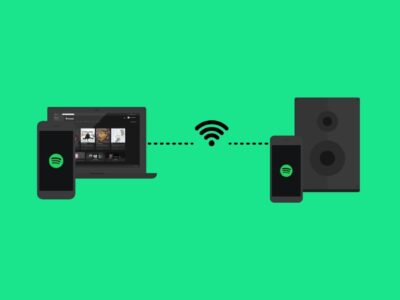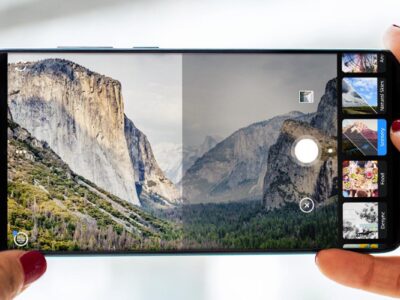Facebook gives User Tips on how to recognize Fake News
After the spread of fake news at Facebook in the US election campaign caused massive criticism, the world’s largest online network is significantly more active. The next step: An information campaign for users.
Facebook wants to give its user tips on how they can better recognize bogus messages. Members of the online network in 14 countries receive a banner with ten recommendations for three days, announced. One had deliberately decided for a limited duration, said Facebook manager Adam Mosseri.
“If you show it too long, it can have an opposite effect.” The advice is, for example, to pay attention to the web address or the name of the alleged source.
Mosseri, who is the product manager for the Newsfeed, said that Facebook is the most important measure in the fight against the so-called fake news, the drying out of the advertising proceeds of the authors.
“We have found that most fake messages are financially and not ideologically motivated.” The wrong news attracted clicks, especially in the US campaign, and thus a lucrative business. Facebook is now trying to curb its spread.

Screenshots of Facebook fake news
According to Mosseri, the German press agency said that according to the measures so far, some effect could be seen. Among other things, information indicating that they were questioned would be less widely used.
“We see users seem to be exposed to less fake messages.” At the same time, however, this could be because the election campaign in the US was over. Therefore, Facebook should not underestimate how much still has to be done. “We’ve started to fight counterfeit news before the presidential election in the US,” the Facebook manager assured him.
Penalties could lead to precautionary deletions
Mosseri sees the danger that the prospect of tougher penalties in legal regulations against counterfeit news or hate speech – as now planned in Germany – might lead operators of online networks to delete deliberately content rather than controversy. “I think that’s a real risk,” he said. There is a tension between security for the user and freedom of expression. “The harder the laws and our internal policies are, the greater the risk that we will limit the possibilities for people to express themselves.”
Facebook defines fake messages as such, which are designed to be considered genuine, but are not proven to be correct. In Europe, Facebook had noted no boost from Fake News before the elections in the Netherlands and France as well as with a view to the Bundestag election in September, said Mosseri.






